Key Takeaways
- Discipline triumphs when stress invites shortcuts: Consistent execution of a well-defined plan, even amid volatility, shields you from emotional and impulsive decisions that sabotage your results.
- Self-awareness is your edge in heated markets: Recognizing the influence of ego, fear, or frustration enables you to pause, reassess, and avoid rash trades driven by pride or panic.
- Detach from outcomes. Focus on process mastery: Measuring progress through disciplined process, not individual wins or losses, builds resilience and prevents the cycle of overtrading or revenge trades.
- Preparation builds confidence under fire: Rigorous preparation, including scenario planning and journaling emotional triggers, ensures you respond with clarity instead of reacting with ego.
- Humility sharpens continuous improvement: Admitting mistakes, learning from losses, and maintaining a student mindset transforms setbacks into growth, reinforcing long-term strategy mastery.
- Community and mentorship reinforce emotional discipline: Engaging with honest peers and mentors keeps you accountable, provides crucial perspective, and helps you stay grounded when your ego flares.
These principles illuminate the path from reactive trading to true strategy mastery. As you continue, you’ll discover actionable techniques to identify your ego in real time, practical tools to strengthen emotional discipline, and proven ways to forge resilience—even when the market tests your limits.
Introduction
Every trader confronts chaos, but in the heat of market adversity, it’s not clever tactics that set the disciplined apart from the reckless. Success is grounded in nerve, self-mastery, and the ability to quiet your ego when pressure peaks. This protects both your trades and your personal growth.
Cracking the code of strategy under pressure transcends mere adherence to setups. It demands rigorous preparation, humility, and unwavering focus on process over outcome. When the markets stir emotion, discipline holds your line. Self-awareness becomes your sharpest competitive edge. In this article, we’ll break down the practices that turn volatility into opportunity and explore how to prevent ego from sabotaging your journey to mastery.
Understanding Strategy Under Pressure
The Psychology of Decision-Making in Volatile Markets
Market volatility probes far deeper than our technical trading plans. It challenges the psychological foundations of every decision. Under pressure, the brain’s limbic system can override rational judgment. That’s what neuroscientists call “emotional hijacking.” In these moments, even disciplined traders can become reactive and lose strategic focus.
Stay Sharp. Stay Ahead.
Join our Telegram Channel for exclusive content, real insights,
engage with us and other members and get access to
insider updates, early news and top insights.
 Join the Channel
Join the Channel
Scientific studies demonstrate that, under acute stress, traders commonly experience a 50-70% reduction in their capacity to process complex information. This cognitive impairment diminishes the effectiveness of even the best-devised strategies. Recognizing that such responses are natural is the first step. Training yourself to manage them is essential.
This understanding is relevant beyond trading. In healthcare, medical professionals must make split-second decisions during emergencies. In finance, portfolio managers navigate sharp market downturns. Educators adapt strategies under exam season stress, while legal professionals stay composed during contentious negotiations. Across these industries, mastering decision-making under stress requires structured habits and conscious self-regulation.
The Silent Saboteur: Trading Ego
Ego lurks quietly beneath many of trading’s most destructive patterns:
- Overconfidence after wins, which can propel position sizes beyond calculated risk parameters
- Inability to admit mistakes, resulting in holding losing positions too long while hoping to be “proven right”
- Revenge trading, where traders attempt to “make back” losses through impulsive, unplanned trades
- Selection bias, causing traders to overemphasize successes and rationalize or ignore losses
This is not unique to trading. In healthcare, ego can hinder accurate diagnoses; lawyers may resist strategy pivots, and business leaders sometimes double down on failing initiatives. A study of professional traders revealed that 68% cited ego-driven decisions as the leading cause of significant losses. The solution isn’t to eliminate ego entirely. It’s to develop awareness of its influence and cultivate humility and objectivity so discipline can prevail.
Building Emotional Discipline for Market Adversity
Protecting Your Plan Under Stress
Successful traders demonstrate a non-negotiable commitment to their trading plan, especially under pressure. The following methods help you sustain discipline when it matters most:
- Pre-commitment strategies:
- Write down entry, exit, and position sizing rules before the market opens.
- Establish hard stop-loss orders, avoiding tweaks during trading hours.
- Leverage automated systems for routine trade management and notifications.
- Implementation triggers:
- Develop clear action steps for high-pressure market scenarios.
- Identify and practice a “circuit breaker” protocol to recognize and interrupt emotional trading.
- Define unambiguous criteria for temporarily halting trading.
Such rigor translates beyond trading. In healthcare, checklists and pre-surgery protocols uphold standards under pressure. In finance, pre-trade risk reviews serve a similar function.
trading discipline is forged not just through planning, but also through the rituals and routines repeated under fire. Developing these invisible habits separates professionals from novices and can be the deciding factor during periods of volatility.
Real-Time Emotional Management Tools
Composure during active trading can be developed through tactical emotional management:
- The 5-5-5 Method: Pause for 5 deep breaths, wait 5 minutes, then list 5 rational reasons for your trading decision before acting.
- Progressive Position Sizing: Gradually scale into trades instead of going all-in to reduce emotional volatility.
- Time-Out Protocol: Take a 30-minute break after a significant loss or emotional response. This helps ensure clear-headed decision-making.
These principles transfer to other arenas. Surgeons pause before critical procedures. Educators use mindfulness breaks during high-stakes testing.
Applying these tools in conjunction with an understanding of trading psychology not only reduces error, but cultivates long-term emotional resilience—essential for thriving through uncertainty.
Advanced Preparation to Stay Grounded
Scenario Planning and Mental Rehearsal
Structured scenario planning prepares you to weather diverse market conditions confidently:
- Market Scenario Matrix:
- Plan for high volatility, low liquidity, technical failures, major news events, and correlation breakdowns.
- Response Documentation:
- Draft detailed plans for each scenario. This includes specific actions, position adjustments, risk modifications, and communication checks with partners or mentors.
Similar scenario-based planning is vital in fields like emergency management, where teams rehearse disaster responses. In corporate strategy, companies run crisis simulations, too.
Strategic Trade Journaling
A robust journaling discipline elevates both your technical skills and emotional awareness:
Sample Emotional State Tracking Template:
- Pre-Trade Emotional State: [Rated 1–10]
- Key Decision Points: [Document emotional triggers encountered]
- Post-Trade Analysis: [Process-focused evaluation vs. outcome]
- Pressure Point Identification: [Identify sources of stress]
- Improvement Focus: [List specific behaviors to adjust for next time]
Journaling is a proven tool for self-improvement across professions, fostering clarity, accountability, and measured growth.
By focusing not just on outcomes but also on your emotional process, you fortify your emotional discipline—the invisible armor protecting you from cognitive traps during heated trading sessions.
Stay Sharp. Stay Ahead.
Join our Telegram Channel for exclusive content, real insights,
engage with us and other members and get access to
insider updates, early news and top insights.
 Join the Channel
Join the Channel
Humility and Continuous Improvement
Learning Through Setbacks
Convert adversity into advantage with a post-loss routine that’s deliberate:
- Post-Loss Protocol:
- Record your immediate emotional and technical responses.
- Analyze decisions and identify potential alternatives.
- Pinpoint critical learning opportunities and action steps.
- Case Study Examples:
- Paul Tudor Jones faced early, substantial losses before developing enduring principles of risk management.
- Stanley Druckenmiller overcame near-career-ending setbacks by refining his processes and establishing robust risk controls.
These examples remind us that sustained performance, whether in medicine, law, or enterprise leadership, demands humility. Self-reflection and adaptation after failure are crucial.
Studying structured loss and deliberate failure, as explored in structured loss, accelerates learning and helps traders recover faster from setbacks.
Maintaining a Student Mindset
Continuous improvement is rooted in regular routines:
- Weekly trade review sessions to identify trends and missteps
- Monthly meetings focused on strategy optimization
- Quarterly performance deep-dives to recalibrate long-term plans
- Annual trading plan revisions, incorporating lessons learned and adapting to changes in the market
This kind of habit mirrors what works in other professions. Doctors participate in morbidity/mortality reviews. Athletes scrutinize game tapes. Executives audit quarterly results searching for improvement.
Reinforcing Discipline Through Community and Mentorship
Building Your Support Network
Your environment shapes your discipline. Fostering the right community enhances resilience:
- Accountability Partnerships:
- Daily check-ins with fellow traders or partners
- Weekly collaborative strategy reviews
- Monthly peer performance evaluations
- Mentor Relationship Development:
- Regular mentorship sessions
- Joint trade reviews for objective feedback
- Collaborative scenario workshops for unusual market conditions
Healthcare teams, legal practices, and educators all benefit from peer review and mentorship. The trading journey mirrors this. Shared wisdom accelerates growth and strengthens fortitude.
Mentorship and community not only provide support but anchor your trading mindset, enabling faster progress and less isolation through the tough cycles.
Creating Sustainable Support Systems
Long-term discipline is reinforced through structured community interaction:
- Join professional organizations relevant to your domain
- Participate actively in moderated forums for peer learning
- Attend workshops and industry conferences for current insights
- Give back by mentoring others and sharing your accrued knowledge
The power of community and mentorship shows up in every field. In finance, mastermind groups and investor networks provide support. In education, peer-led teacher groups encourage ongoing development. The trading dojo is similar—a resilient community is your strongest ally along the path to mastery.
Remember, pressure management is never a single achievement. It’s an ongoing process of refinement and growth. Every tough market, legal dispute, medical emergency, or business pivot is an opportunity to strengthen your strategic discipline and emotional resilience.
Conclusion
Mastering strategy under pressure isn’t about eliminating emotion or hoping for perfect conditions. It’s about forging discipline—structured habits, rigorous self-assessment, and embracing perpetual learning. In volatile environments, your understanding of personal triggers, and your ability to manage ego and stress, will separate the resilient from the merely reactive.
Sustained growth emerges from honest reflection and a willingness to learn from setbacks. Whether it’s market losses, patient outcomes, or tough negotiations, that honesty matters. By fostering community and mentorship, you transform trading from a solitary pursuit into a lifelong journey rich with shared wisdom and mutual accountability.
In the end, your capacity for discipline isn’t some inborn trait. It’s a skill, refined daily through deliberate effort and humility. The real test of any strategy is not just its performance when markets are calm, but how you adapt, endure, and improve when pressure mounts. Looking ahead, those who commit to discipline, self-mastery, and continuous improvement will stand at the forefront of their field. They’ll anticipate change, master adversity, and shape the legacy of the next generation of market warriors.
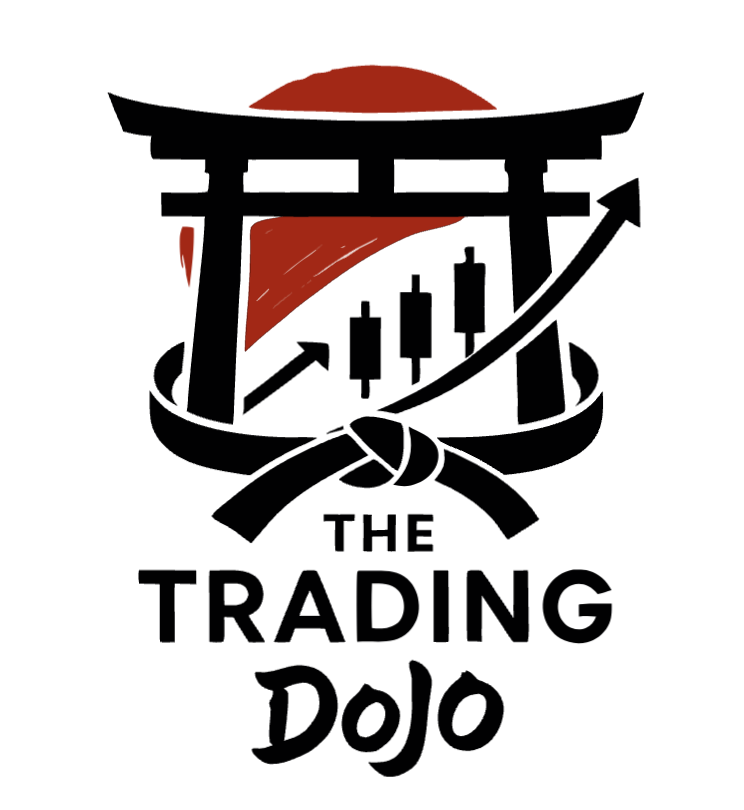
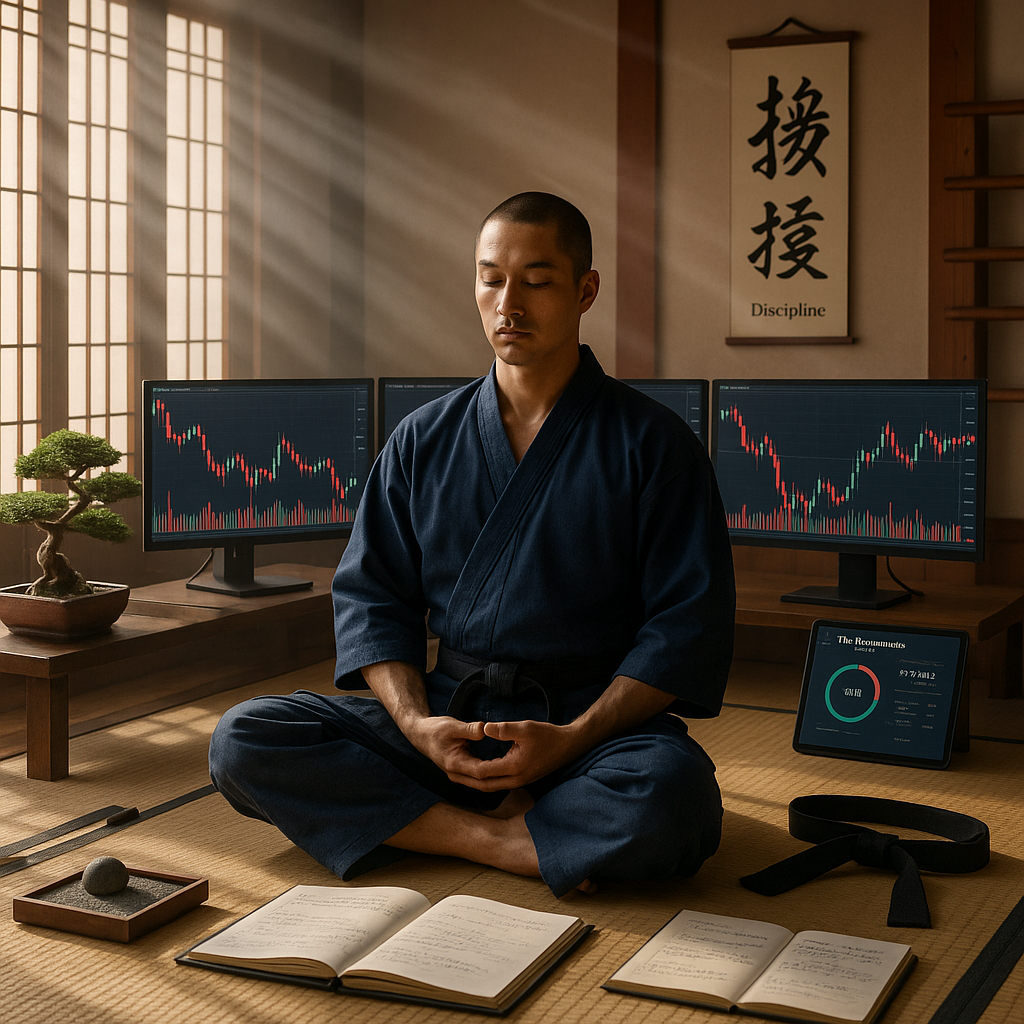
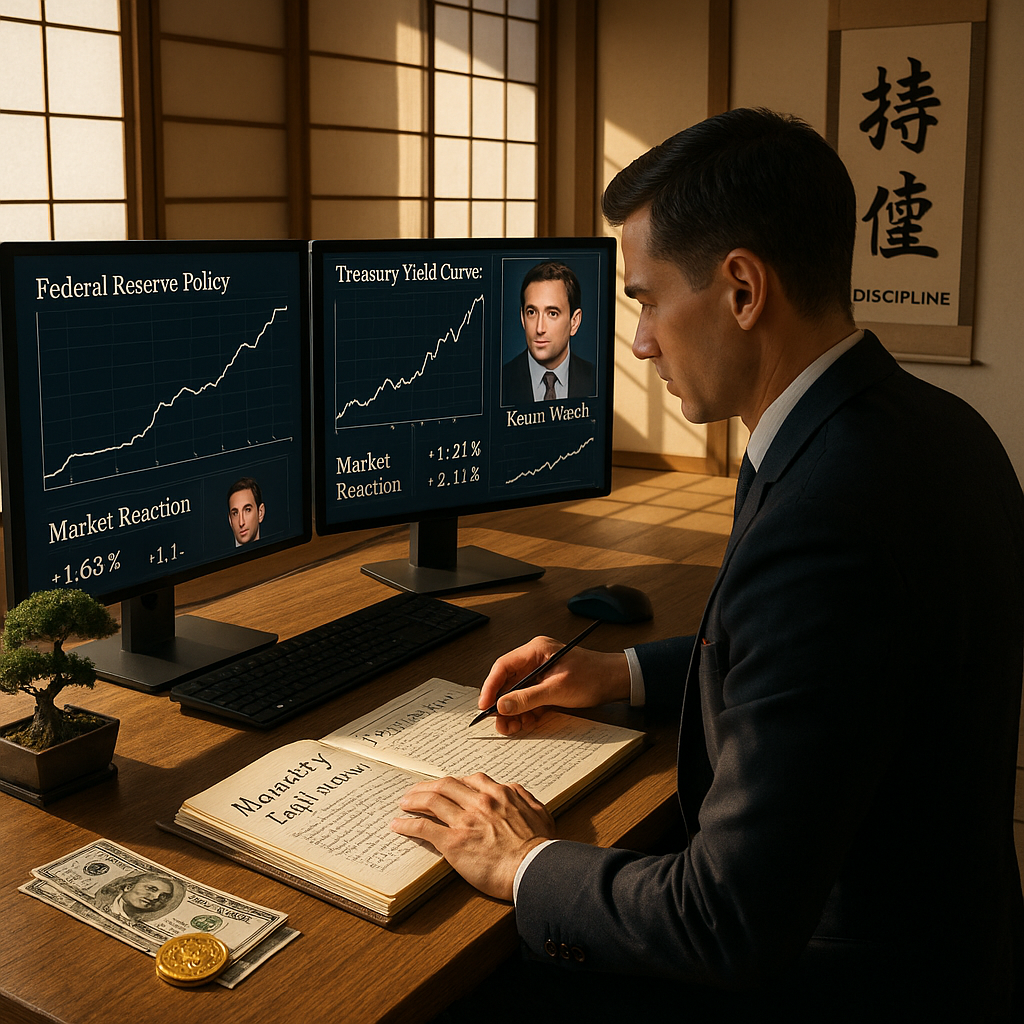
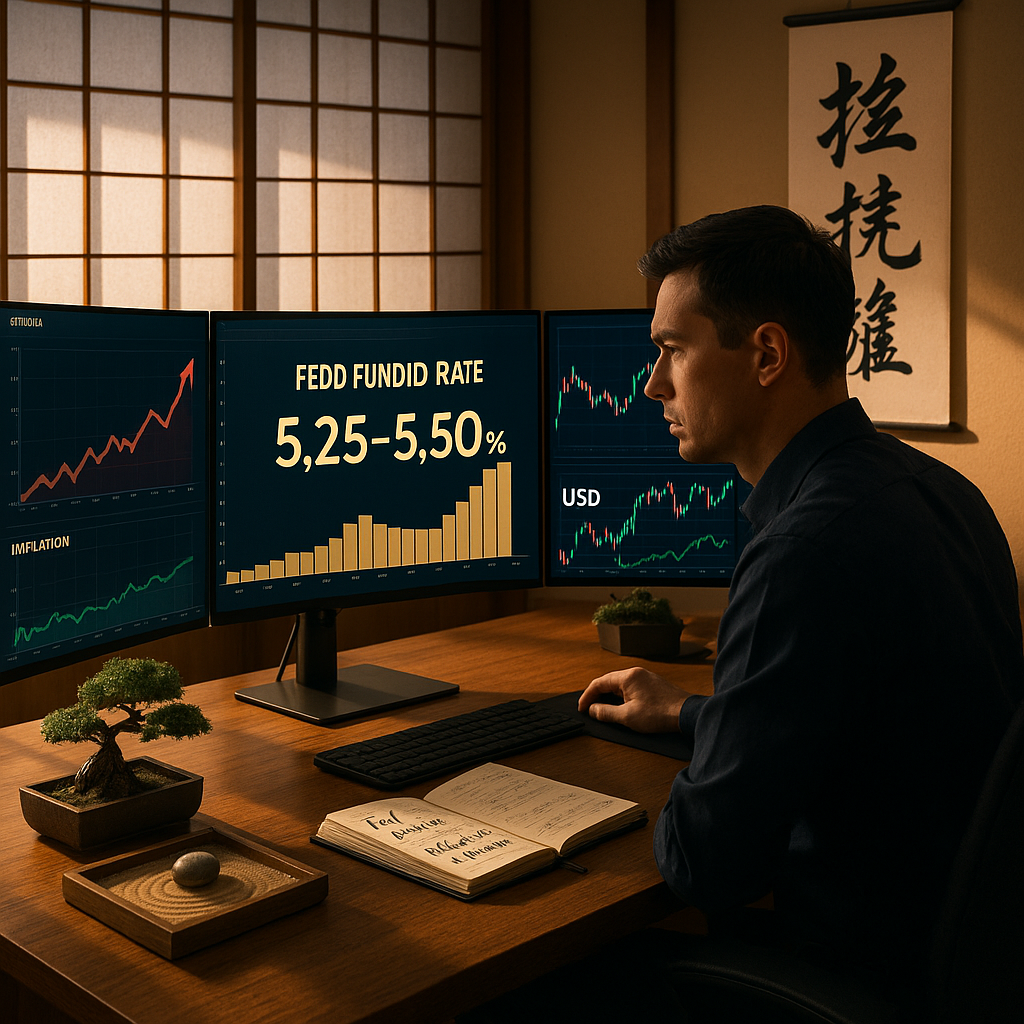
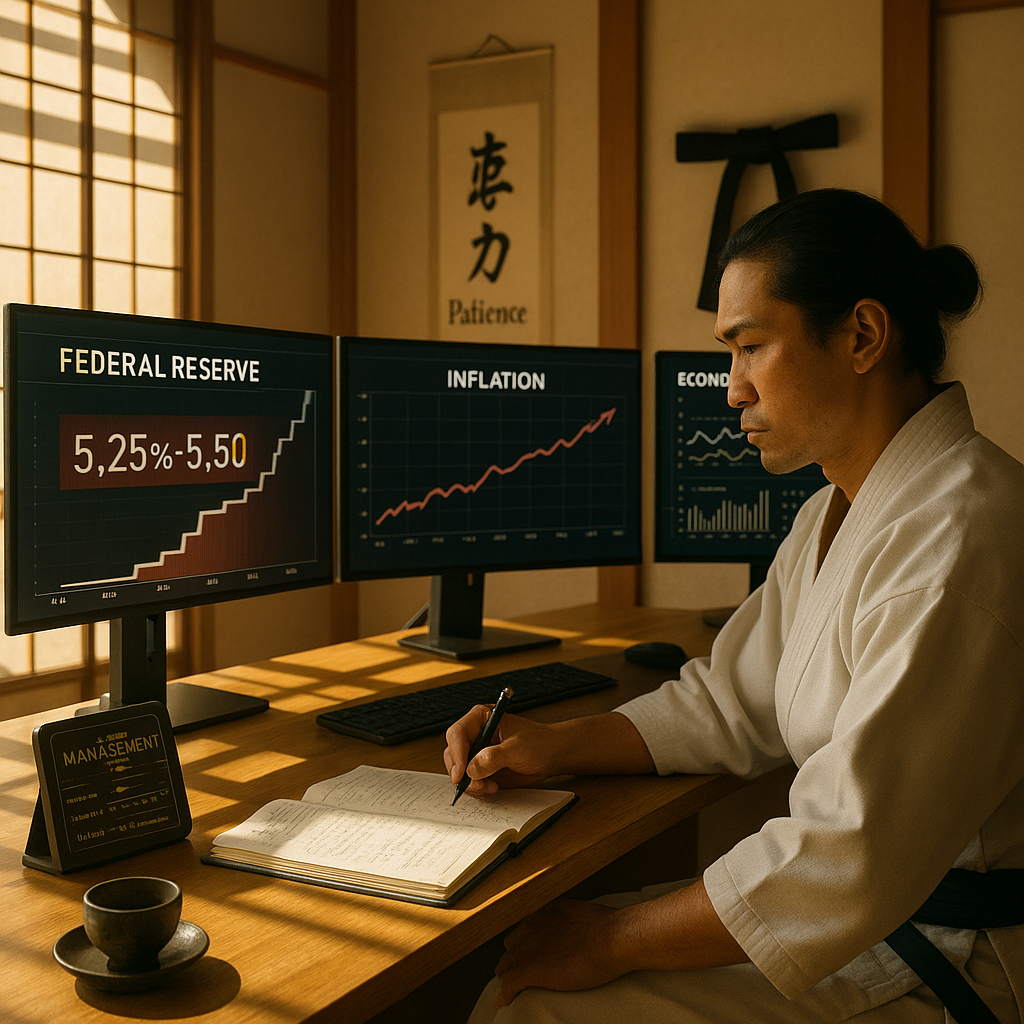
Leave a Reply